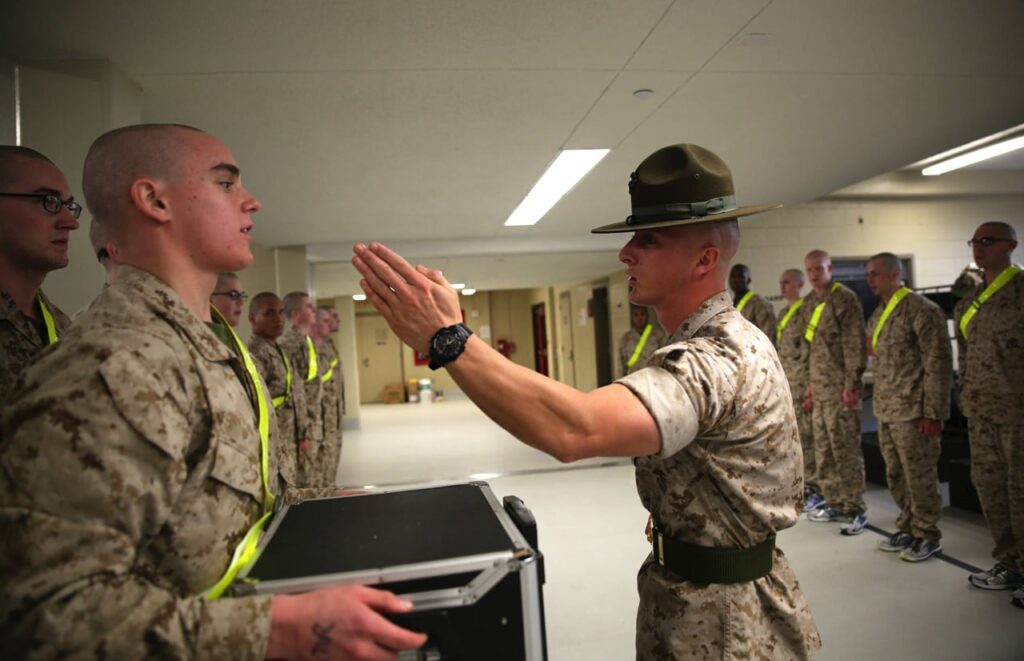
- The App
- Sandboxx News
- Resources
Learn
- Company
About
Become a Partner
Support
- The App
- Sandboxx News
- Resources
Learn
- Company
About
Become a Partner
Support
There is so much to learn and talk about when it comes to the unique challenges of active duty military life. Anyone who has been...
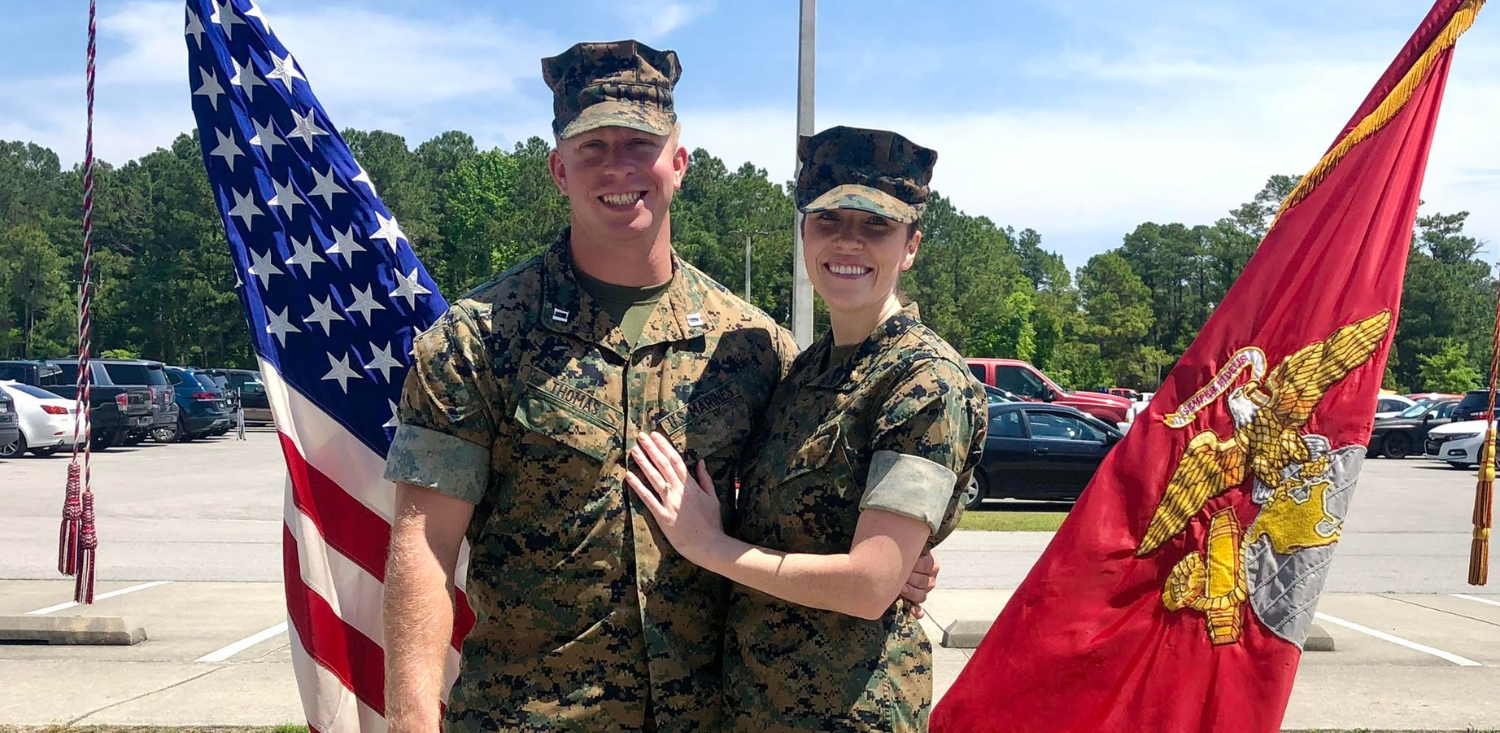
There is so much to learn and talk about when it comes to the unique challenges of active duty military life. Anyone who has been impacted by military life can probably attest to a time when the demands of military life felt scary or overwhelming. It is more than a job, it is a lifestyle and its own unique culture. Once you adapt to that culture and it becomes “your norm,” the thought of leaving active duty can be equally overwhelming and scary. When I went through the transition program, there was no shortage of amazing programs to assist service members in transitioning to the civilian sector, whether it’s career coaching, resume help, VA services, mental health services, etc. But what about that gray area, where you realize it is time to resign but you do not know what that means for your identity?
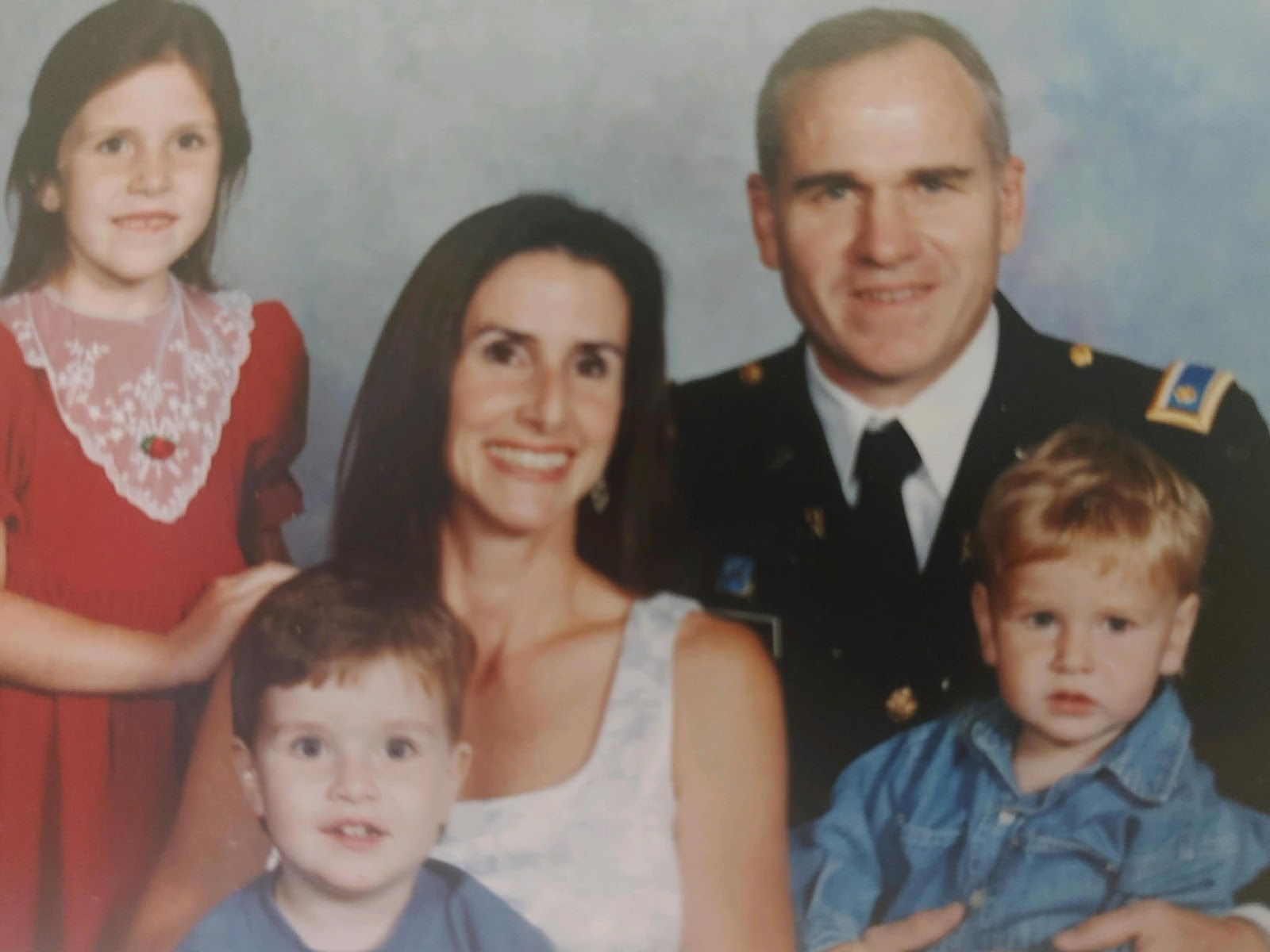
I had spent my entire childhood as an “Army Brat,” thriving on military bases, and DoD schools and being amazed by my father’s career. In college, I was on a Reserve Officer Training Corps (ROTC) scholarship which meant most of my college friends were other Midshipmen I commissioned alongside. I met the best of friends and my husband through my time in service. Every phase of my life had been influenced by the military. Therefore, I held such a special place in my heart for the way the military community had shaped my life. I was dead set on making it a career of 20+ years. Somewhere along the way, my plans and dreams started to change and I realized active duty might no longer be the best fit for my future.
The reasons I decided to separate from active duty ranged from dual-military marriage challenges, time spent with family, career passions changing and many other factors that will be another story to tell one day. I viewed these decisions from a more practical, analytic standpoint and ultimately concluded that leaving active duty was best for my career aspirations, personal goals and my future family. Once I made that decision, I started to feel creeping fears of who I was going to be outside of the military. The most challenging internal battle I faced during my transition from active to civilian was the fear that I would lose my identity and purpose outside of the military.
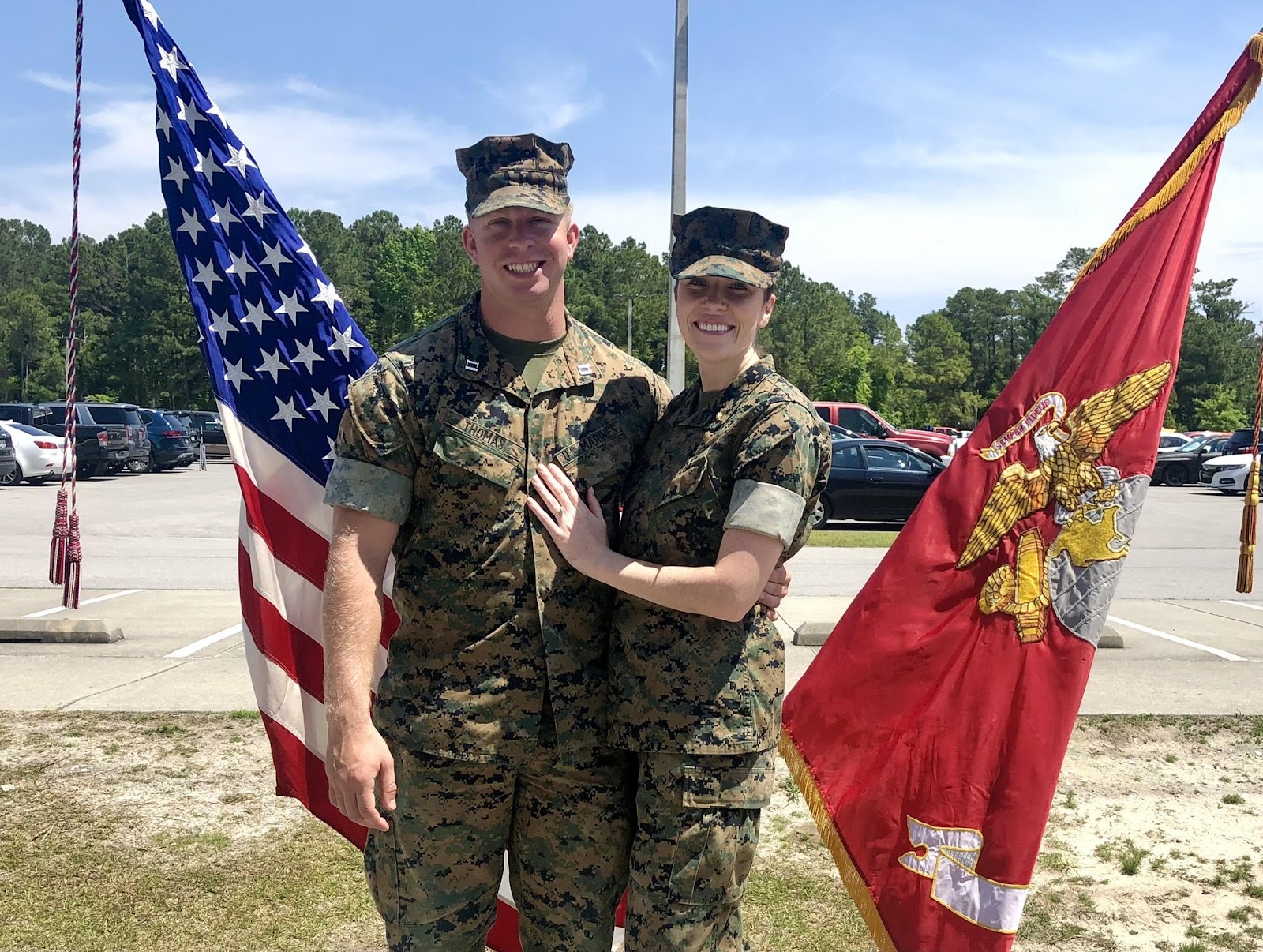
I started consulting friends, family and mentors as I grew closer to my separation date. One of the unexpected things I have enjoyed most during my transition from active to civilian is connecting with other service members battling a similar internal conflict. I realized I was not the only one struggling with conflicting feelings regarding their identity as a service member leaving active duty. Hearing other service members express the same concerns and conflicting thoughts I was having was incredibly impactful to me as I went through this internal debate. “I feel like getting out before 20 years is quitting! Does seven years of service matter as much as 20? Who am I outside of the military? Will I still have a sense of purpose? The military is all I have ever known! How can I start over when I am almost 30 years old?”
My conversations about these topics were invaluable and when I made my decision I felt at peace. I had answers and insights to many of my concerns. Since I left active duty, I have had many peers reach out to me on this topic leading to many of the same discussions and the chance to pass on conclusions from my experience.
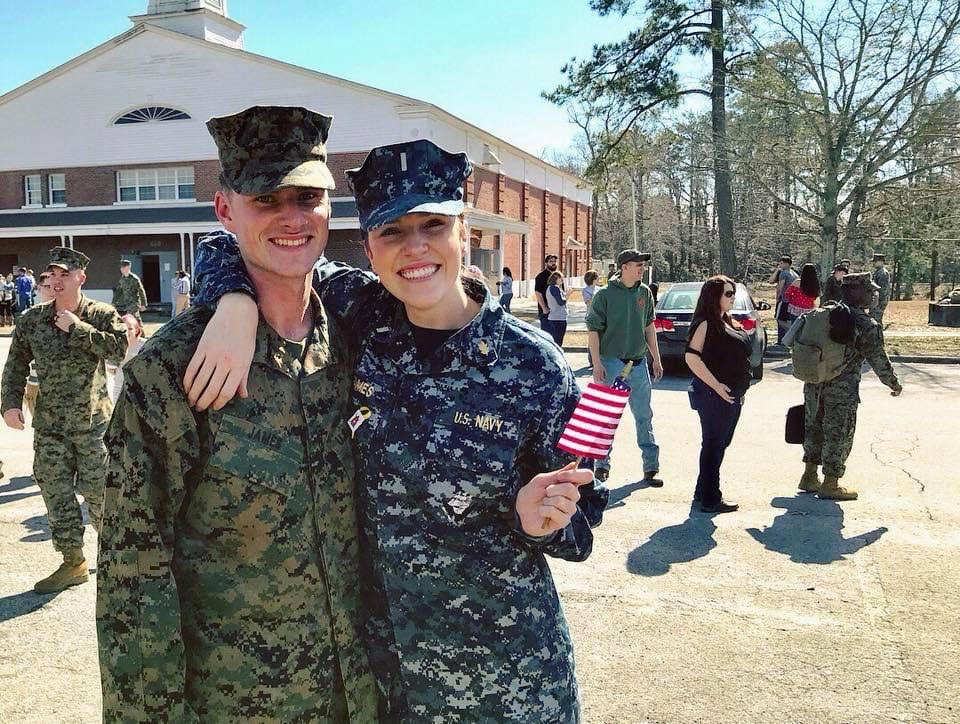
My father once advised me, if you served your time honorably and fulfilled your commitment to your country, you should feel proud. Fulfilling your oath, and serving your country fully to the best of your abilities is not quitting or giving up. If your plans and dreams have changed since you joined at 18, that is normal! View this as an opportunity to explore new passions and other sides of life! Even if your active duty adventure is coming to an end, you will always have the lessons and experiences the military gave you. You are not losing your identity, you are further developing it! I started making a bucket list of hobbies and passions I wanted to pursue. A sense of purpose for your new journey is just as important as your sense of purpose in service. You may find your new hobbies or career aspirations are just as fulfilling. I know I have learned so much about myself and my passions during this transition.
If you are worried about starting over, reach out to base resources to preview all of the transition resources available to you to empower you in this decision. The military offers so many benefits, security and a sense of service and belonging. For these reasons, I always recommend the Guard or Reserves as an option to build upon your hard work. I transitioned into the Reserves, and it has been an amazing experience so far. I even had the opportunity to change my military occupation upon entering the reserves, which has given me the chance to develop a new skill set that is helping me with my civilian career change.
If you find yourself missing the community or camaraderie, but the idea of the Reserves or Guard does not fit into your transition, look into other Veteran programs or groups in your area. Maybe you are not putting on a uniform every day, but the title of “Veteran” is still an honorable one. Look to Veteran-owned companies for careers. Find ways to volunteer through the VFW, VA, USO or other unique programs like “Wreaths across America.”
I realized resigning at seven years was not as much of an “all or nothing” situation as I had worried it was. That is the beauty of the military community. There is a sense of family and camaraderie no matter where you are. I do not feel as if I lost my identity at all. I have found unique ways to expand on my time in service and reignited forgotten hobbies and passions. If you are on active duty, a spouse, a military brat or a Veteran, there are always opportunities to connect with the military community and still have an impact. I have found purpose in supporting my husband and brother, who are both on active duty. I stay in close contact with my friends from the Navy and reminisce on memories and maintain those connections. The opportunities to still serve and connect with the military are endless. For example, I had heard about Sandboxx through a spouse from my husband’s first battalion, and though I have not seen her in years, social media kept us connected and it led to this opportunity to write for Sandboxx. Not only am I fulfilling one of my bucket list passions of writing, but I am also connecting with my military experiences.
If there is anyone out there who knows transition may be in their future, and is already struggling with identity questions, my advice to you is to take pride in your time in service, embrace the opportunities and lessons the military gave you and envision what you want your new purpose to be. Do what is best for yourself, your family and your future. You will make more of an impact serving where you are called to serve. Consult trusted peers and mentors. Utilize the transition services to make a plan early on. Always remember, that the end of your active duty time does not mean it has to be the end of your service.
The views expressed are those of the author and do not reflect the official policy of the U.S. Navy, Department of Defense, or the U.S. Government. Reference to any services does not constitute DoD endorsement of those services.




